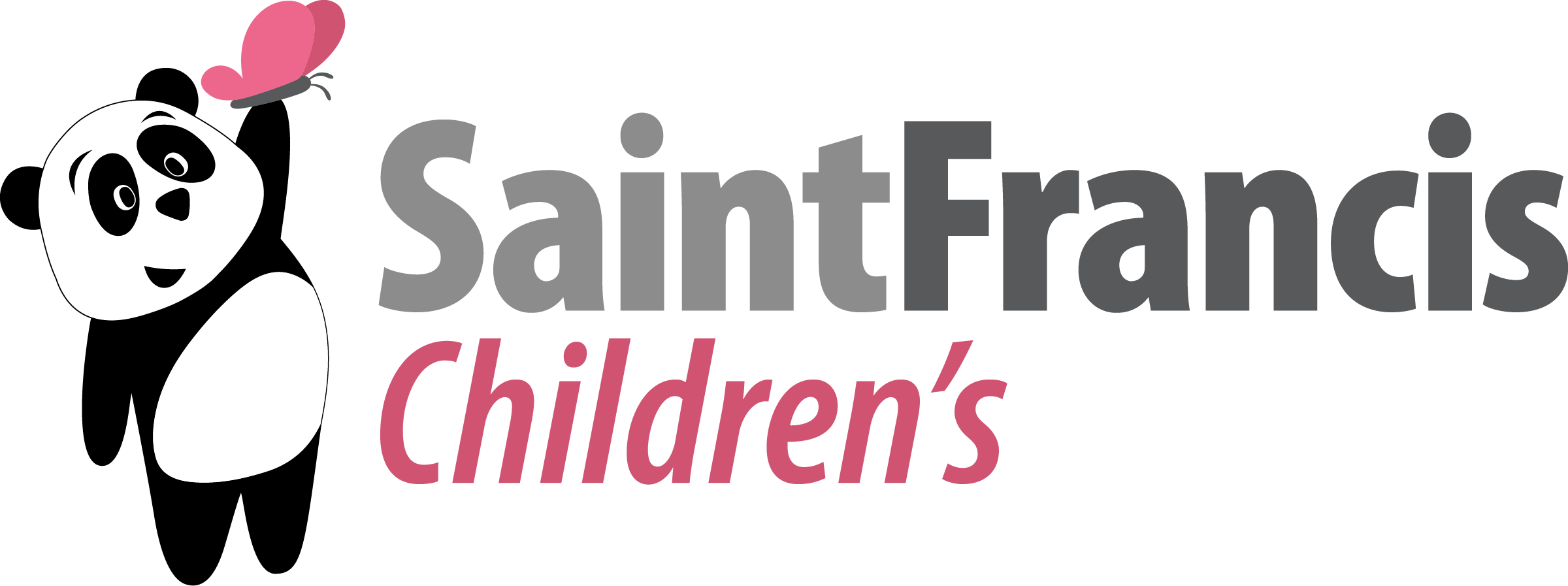The pediatric infectious disease specialists at Saint Francis Children's Hospital are committed to providing comprehensive and specialized medical care to infants, children and adolescents with acute and chronic infectious diseases. By combining basic pediatric care services with advanced treatment practices, our specialists are highly skilled in evaluating and treating children with acquired or congenital disorders of the immune system.
Our specialized team provides primary and consultative care, in both the inpatient and outpatient settings, for infants and children with illnesses known or suspected to be caused by infections with viruses, bacteria, fungi or parasites. Diagnosis and therapy are provided for infections in all major organ systems, including the brain and spinal cord, bloodstream, heart, lungs, liver, spleen, pancreas, intestines, kidneys and bladder, skin, joints and bones, as well as infections that involve multiple body systems.
Common Pediatric Infectious Diseases
Respiratory syncytial virus (RSV): RSV causes some similar symptoms as cold and flu, such as fever, runny nose and cough. For babies less than one year old though, RSV is the most common cause of pneumonia and bronchiolitis, an inflammation of the small air passages in the lungs. Wheezing is a telltale symptom of these conditions, which sometimes have to be treated in the hospital.
Chickenpox: Chickenpox typically comes on suddenly with a slight fever. A blister-type rash occurs in successive crops, usually appearing first on the body, face and scalp, and later spreading to the limbs. This disease can be effectively prevented with childhood vaccination.
Fifth disease: Fifth disease is often also known as “slapped cheek disease” due to a red rash it causes on the face. In addition to red cheeks, children often develop a red, lacy rash on the rest of the body, with the upper arms and legs being the most common locations. The rash typically lasts a couple of days and may itch; some cases have been known to last for several weeks. Patients are usually no longer infectious once the rash has appeared.
Hand, foot and mouth disease: Hand, foot and mouth disease shouldn’t be confused with foot-and-mouth disease, which infects only livestock. A common childhood illness, hand, foot and mouth disease causes a fever with blisters or sores primarily on the inside the mouth and on the palms and soles of the feet.
Croup: Croup is a childhood illness usually caused by a group of viruses called human parainfluenza viruses, which also cause the common cold. The main symptom of croup is a "barking" cough, sometimes likened to the barking sound a seal makes.
Scarlet fever: Once feared as a deadly childhood disease, scarlet fever is actually caused by the same bacteria as strep throat and is easily cured with antibiotics.
German measles (rubella): Rubella often causes mild or no symptoms including mild fever, runny nose, swollen nodes and a pink blotchy rash that lasts a short time. This disease can be effectively prevented with childhood vaccination.
Treatment Options Include
Antibiotics: Antibiotics are generally reserved for bacterial infections since they have no effect on illnesses caused by viruses.
Antivirals: Antiviral drugs are a class of medication used specifically for treating viral infections including influenza and herpes.
Antifungals: An antifungal medication is one used to treat fungal infections such as ringworm, candidiasis (thrush), and more serious systemic infections including cryptococcal meningitis.
And, finally, a proactive and precautionary measure we can all take and encourage children to take in the fight against infectious diseases is to wash our hands carefully and frequently.
Learn More About Pediatric Infectious Disease at Saint Francis Children's Hospital
The physicians and staff of Saint Francis Children's Hospital provide comprehensive infectious disease care to area children. For more information, talk with your child's pediatrician or call Saint Francis HealthLink at 918-488-6688.
